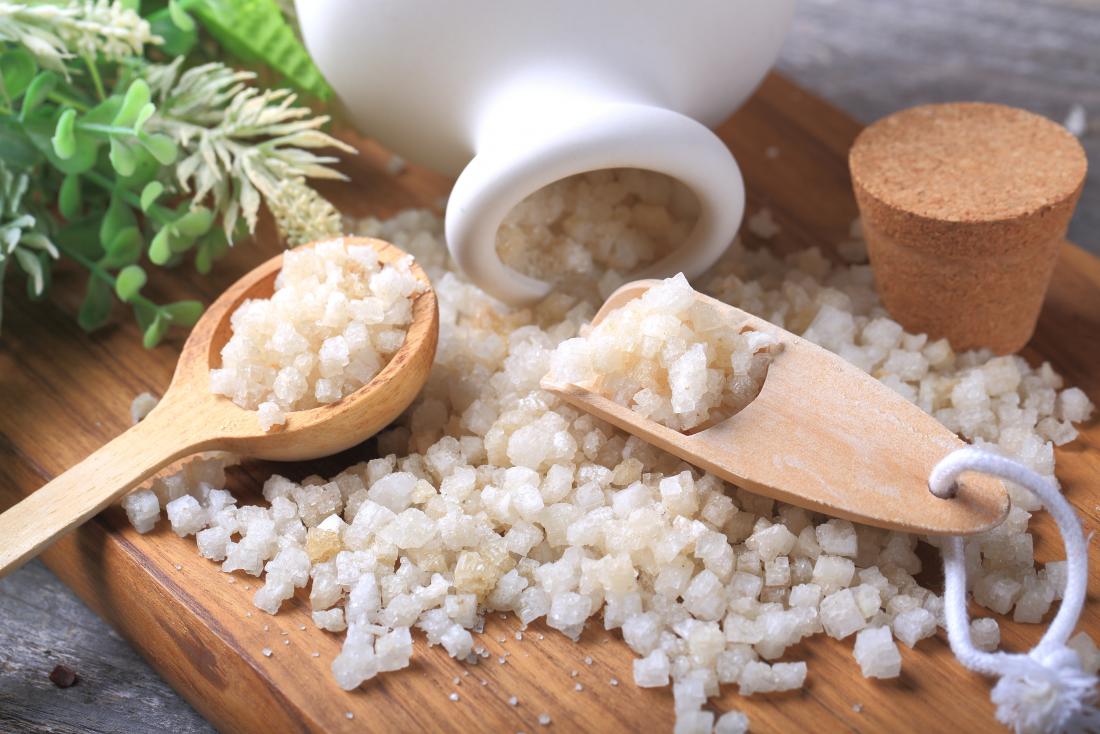
Magnesium Sulfate and Transdermal Absorption
The perceived superiority of magnesium sulfate (Epsom salt) in a bath compared to oral consumption for certain purposes, such as muscle relaxation and recovery, is often based on factors related to absorption, relaxation, and ease of use.
However, it's essential to consider that the effectiveness of magnesium sulfate in a bath versus oral consumption can depend on individual preferences, needs, and specific health conditions. Here are some potential reasons why magnesium sulfate in a bath may be preferred by some individuals:
Warm Water Therapy
Soaking in warm water, such as in an Epsom salt bath, can have therapeutic effects on muscles and joints. Warm water therapy helps improve circulation, relax muscles, and alleviate muscle soreness, which can aid in recovery.
Convenience and Accessibility
Epsom salt baths are readily available and easy to use, making them a convenient option for recovery, especially for individuals who prefer non-oral forms of supplementation.
Transdermal Absorption
Epsom salt baths allow for the absorption of magnesium through the skin, a process known as transdermal absorption. Some people believe that transdermal absorption may result in better magnesium uptake compared to oral supplementation, as it bypasses the digestive system and may lead to higher concentrations of magnesium in the bloodstream. However, the extent of magnesium absorption through the skin and its efficacy compared to oral supplementation are still subjects of debate and ongoing research.
Muscle Relaxation and Recovery
Soaking in a warm Epsom salt bath can promote muscle relaxation and alleviate tension, which may be beneficial for recovery after exercise or physical activity. The warm water can help improve circulation, relax muscles, and reduce muscle soreness and stiffness, contributing to overall relaxation and recovery.
Stress Reduction
Epsom salt baths are often used for relaxation and stress relief. Stress reduction can have positive effects on muscle relaxation and recovery, as high stress levels can contribute to muscle tension and delay recovery processes. The calming effects of soaking in a warm bath can help reduce stress and promote relaxation, supporting overall well-being and recovery.
Convenience and Comfort
Taking a bath with Epsom salt can be a convenient and comfortable way to incorporate magnesium supplementation into a relaxation routine. It provides an opportunity to unwind and relax while simultaneously benefiting from the potential effects of magnesium sulfate on muscle relaxation and recovery. Additionally, some individuals may find baths more enjoyable and soothing compared to taking oral supplements.
While Epsom salt baths may offer potential benefits for relaxation and muscle recovery, it's essential to recognize that individual responses can vary. Some people may prefer oral supplementation of magnesium for various reasons, such as convenience, precise dosing, or specific health conditions.
Ultimately, the choice between using magnesium sulfate in a bath versus oral consumption should be based on individual preferences, needs, and considerations, and consulting with a healthcare professional can provide personalized guidance based on specific circumstances.
Try epsolution™ today!



Leave a comment
This site is protected by hCaptcha and the hCaptcha Privacy Policy and Terms of Service apply.